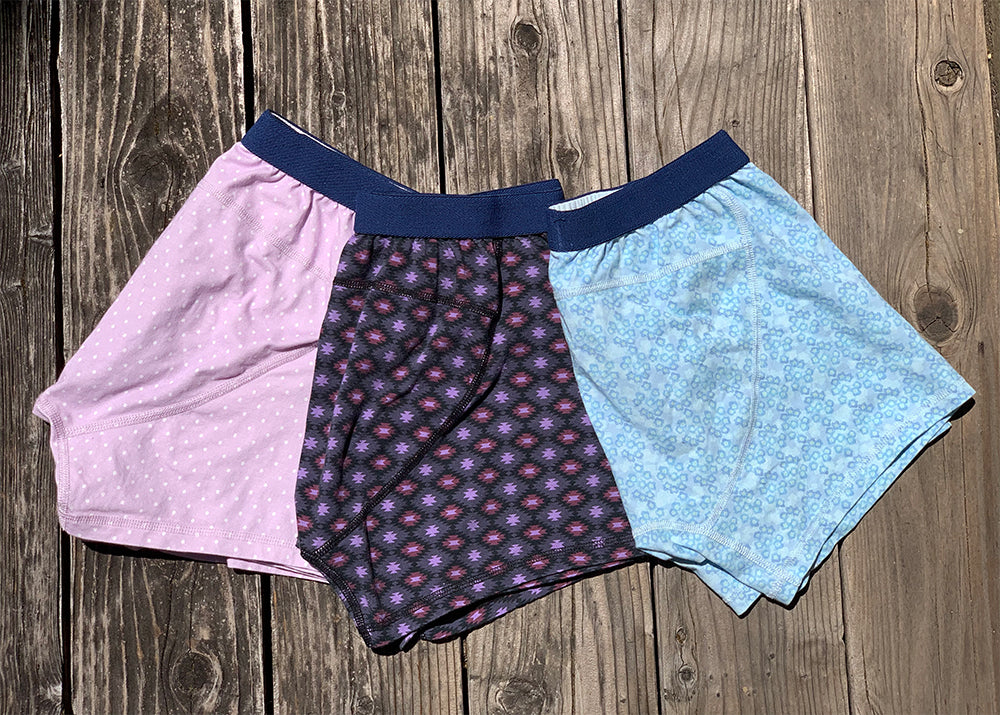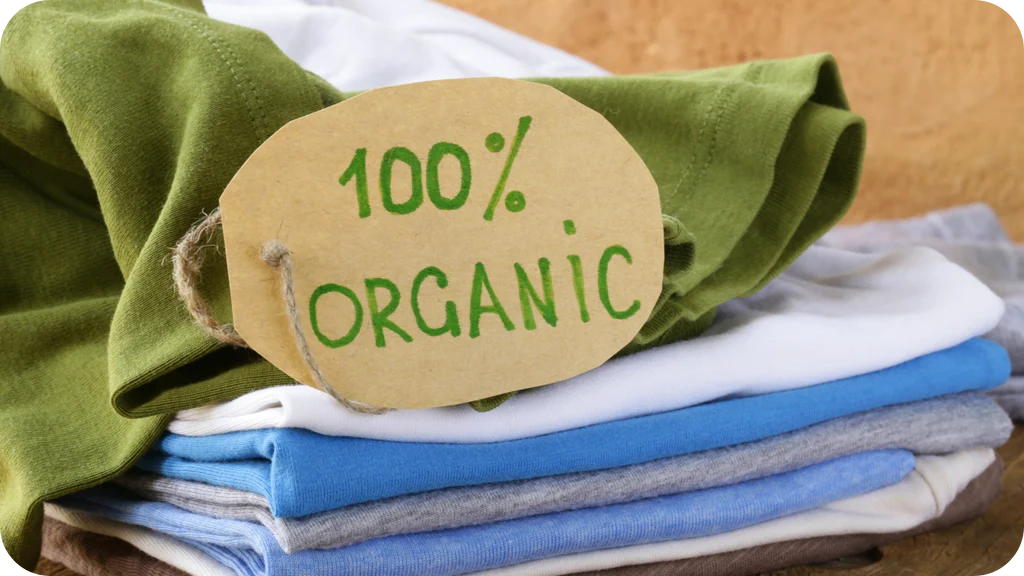Fertility is a topic of paramount concern in today's society, as fertility rates have been declining worldwide. While numerous factors contribute to this decline, one often-overlooked factor is the prevalence of phthalates, particularly in activewear clothing, and the potential solution found in organic sustainable clothing, exemplified by brands like Opok.
Phthalates are a group of chemicals used in various products, including plastics and synthetic materials like polyester. They are commonly used to enhance the flexibility and durability of these materials. Unfortunately, they are also known as endocrine disruptors, meaning they can interfere with hormonal balance in the human body. These chemicals have been linked to numerous health concerns, and their presence in daily life is more widespread than one might think.
Today, almost all activewear clothing contains some form of polyester. While this fabric offers sweat-wicking properties and durability, it often comes at a hidden cost to our health and the environment. Polyester is manufactured using petrochemicals, and the production process generates significant pollution. Moreover, the chemicals used in polyester production, such as phthalates, can leach into the skin and ultimately impact our endocrine systems.
Research has shown that the exposure to phthalates, whether through the skin or other means, can affect fertility. Phthalates can disrupt the delicate hormonal balance, leading to reproductive issues in both men and women. In men, phthalate exposure has been associated with reduced sperm quality and testosterone levels, while in women, it may disrupt menstrual cycles and hormone balance, potentially leading to infertility.
Organic Sustainable Clothing and Opok
In the quest to mitigate the risks associated with phthalates and reduce the environmental impact of polyester, many consumers are turning to organic sustainable clothing brands like Opok who offer high quality, durable organic boxers and organic performance shirts. These brands prioritize eco-friendly and ethically sourced materials, avoiding harmful chemicals like phthalates. Their clothing lines often feature organic cotton that is gentle on the environment and on the skin. Opok believes that eliminating this exposure, especially with Organic Boxer briefs, enables a healthier lifestyle.
Opok, as an example of an eco-conscious brand, specializes in sustainable clothing for men. Their products are designed with organic materials, making them a safe and stylish choice for conscious consumers. By choosing Opok's clothing, individuals can reduce their exposure to phthalates and support a sustainable fashion industry.
The relationship between fertility decline and phthalates, present in polyester-infused activewear, is a concerning reality. However, consumers have the power to make more informed choices. By opting for organic, sustainable clothing brands like Opok, individuals can reduce their exposure to harmful chemicals, promote their well-being, and contribute to a more environmentally friendly fashion industry. The journey towards a healthier, more fertile future begins with the conscious choices we make in our everyday lives, including the clothing we wear.




Leave a comment
This site is protected by hCaptcha and the hCaptcha Privacy Policy and Terms of Service apply.